Abdelhamid Dbeibah, Saif al-Islam Kadhafi and Marshal Khalifa Haftar are among the 98 personalities who have submitted their candidacies to be the next president of Libya. Ten years after its inception, the outcome of the crisis seems to be beginning, but significant challenges remain.
On December 24, Libya will hold elections presented as the first free and democratic in its history, under the supervision of the international community. After more than 10 years of disruption following the fall of the former Libyan leader Muammar Gaddafi, this poll, which has been postponed several times, is perceived as one of all hopes, all expectations, but at the same time all fears .
Although the signing of a ceasefire agreement on October 23, 2020 silenced the guns between the former governments of east and west, the country remains divided between factions loyal to Khalifa Haftar and the government. from Tripoli. Despite the election of billionaire Abdelhamid Dbeibah as head of a government of national unity, these divisions resurfaced last September, when the House of Representatives, the lower house of Parliament based in Tobruk, voted a motion of censure against the new executive, just seven months after taking office.
The two parties are notably opposed on the electoral law, the Parliament of Tobruk having been accused of taking particularly favorable measures to Marshal Haftar.
Among the 98 candidates for the next presidential election, he is part with Saif al-Islam Gaddafi and Abdelhamid Dbeibah of the trio that will focus attention in the coming weeks. For some observers, the success or failure of the ballot will also depend on the will of these three men.
Khalifa Haftar is considered the strongman of eastern Libya. While his candidacy shows a certain willingness to participate in the political game, his opponents have no guarantee of being able to campaign in an area he has mastered in recent years. And besides, he too has no guarantee of being able to campaign in the west, where several militias are still hostile to him.
Concerns remain especially about the parties accepting the verdict of the ballot box, if the election goes as planned. Thanks to his army, the Marshal always has a significant nuisance force for his enemies. With this power, he who had already marched on Tripoli last year, with a view to taking the capital by force, could again jeopardize the peace process if he feels “wronged” by the vote.
France, Russia and the rest of the international community
Main architect of the new electoral process, the international community exerted pressure on the main actors of the Libyan conflict, for the respect of the fixed date. Although the conditions for a free, democratic and transparent election are not fully met in view of the security situation in the country, the Libyan presidential election of December 24 is defended by the UN as the main solution to end the crisis.
Yet beyond the ballot, the interference of foreign powers in the Libyan conflict is also a significant problem. As we know, Libya’s large oil reserves have long whetted the appetite of foreign countries and continue to arouse envy to this day. This time, to these economic interests seem to be added more and more assertive geopolitical rivalries.
As in the Central African Republic and Mali, France and Russia are in fact opposed on the Libyan theater, which has also been the first area of their war of influence in Africa. Moscow is accused by the international community of having sent mercenaries to Libya fighting in the ranks of the strongman of eastern Libya. Last year, Jean-Yves Le Drian, the French Minister of Foreign Affairs, declared before the Foreign Affairs and Defense Committee of the French Senate that “the government of national unity is supported by Turkey which imports on the Libyan territory of the Syrian fighters who are in significant number (that is to say) several thousand ”.
The head of French diplomacy also deplored a “Syrianization of the country” with “on the Haftar side, to a lesser extent because the forces are less important, the presence of Russia which also imports Syrian fighters, but not the same” .
Having always denied these allegations, the Russian authorities have always shown support for the dialogue, and have already received Marshal Haftar several times in the Kremlin.
This antagonism against the background of interference from other powers such as Egypt and Turkey allows each side to enjoy strong support, in the event of internal disagreement over the continuation of the peace process. Even if Saif al-Islam Kadhafi does not seem for the moment to be openly supported by a foreign power, his political weight as the former prospective successor of his father, gives him an aura that raises many hopes among Libyans, including one. party is still nostalgic for the years of prosperity of the Gaddafi regime.
For the coming months, the main challenges will therefore concern the reunification of the country and the national army under a single command, but also the establishment of a real development plan for the country through the effective exploitation of the oil windfall. . An objective that cannot be achieved without an agreement with the various parties who are fighting over the country’s main oil sites. Apart from the oil sector in which Italy and France are already well positioned thanks to their companies ENI and TotalEnergies, the reconstruction of the country offers the possibility for foreign states to position themselves as trade or investment partners.
For the time being, Libya is still marked by an economic crisis where oil production, the country’s main source of income, evolves according to the security situation and social movements. Thus, the next election, due in a month’s time, should be for many the most important in the history of the country, hoping of course that it will be held.


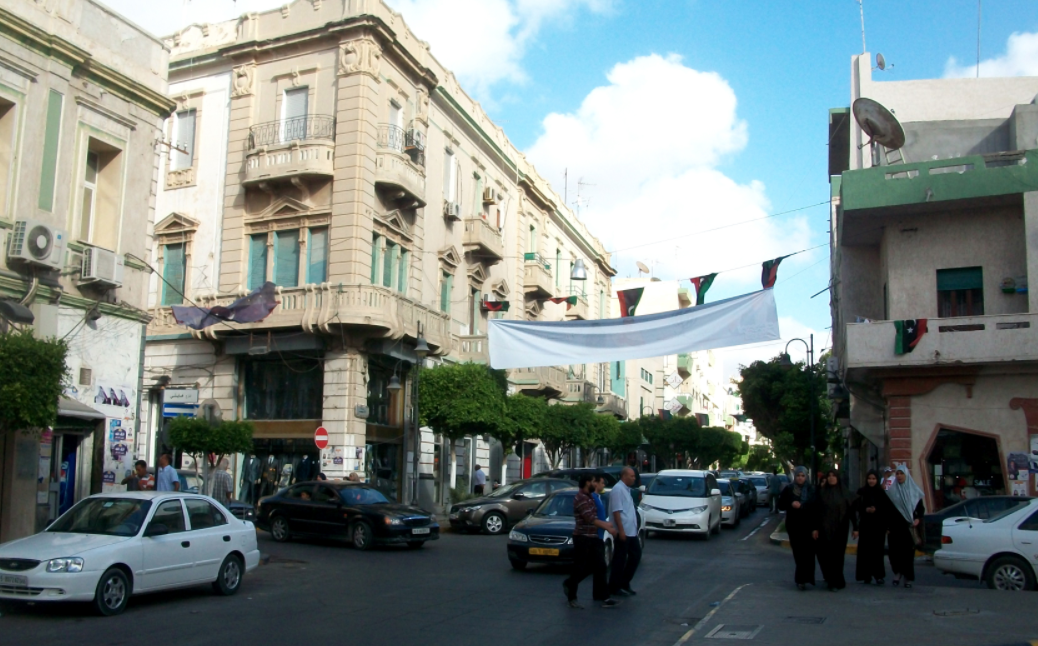



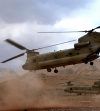

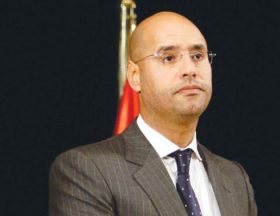
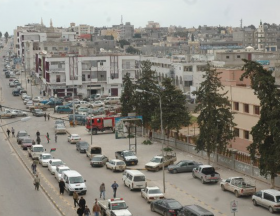
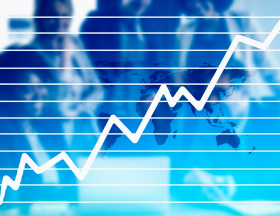
Réagissez à cet article